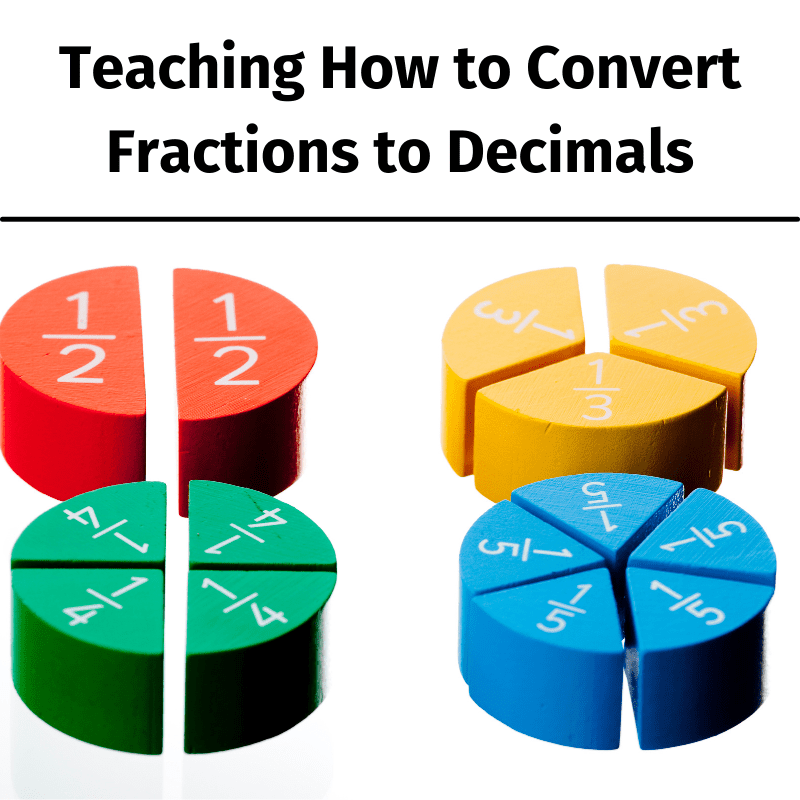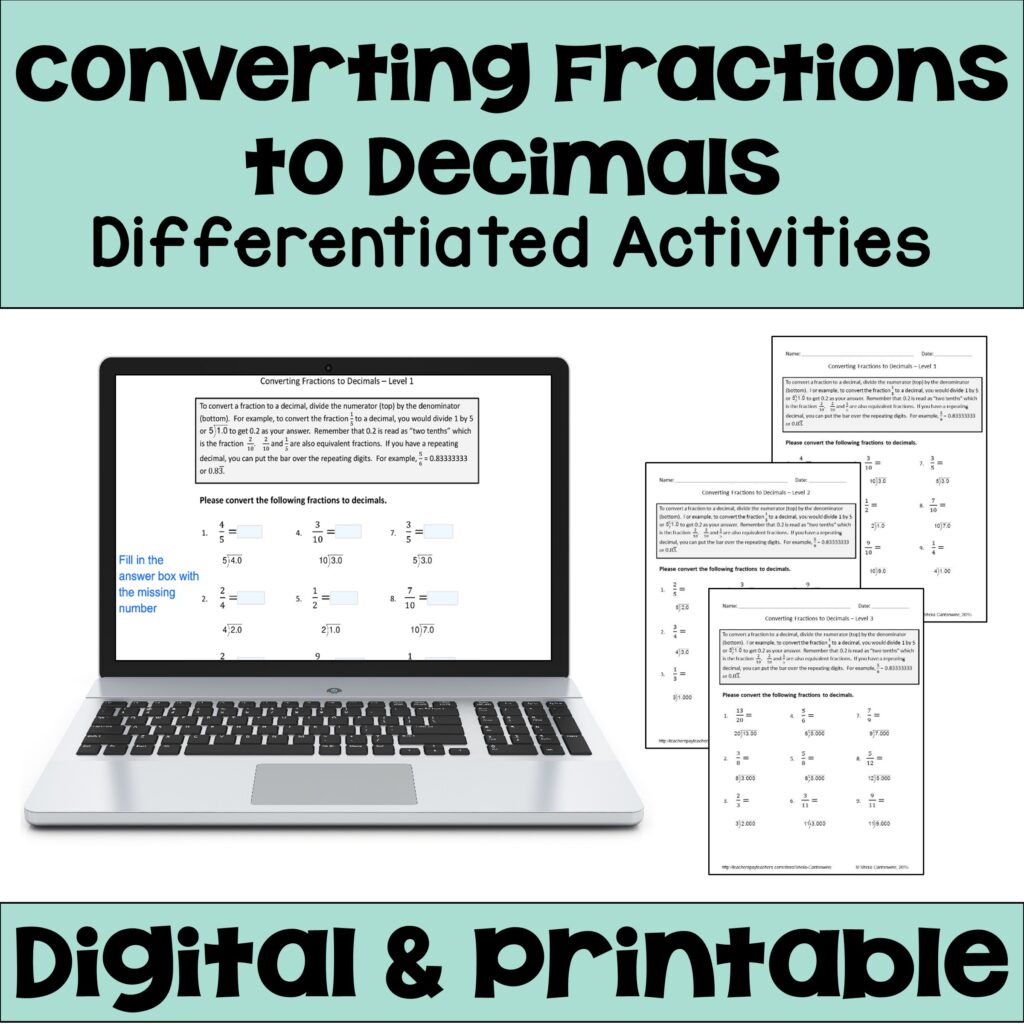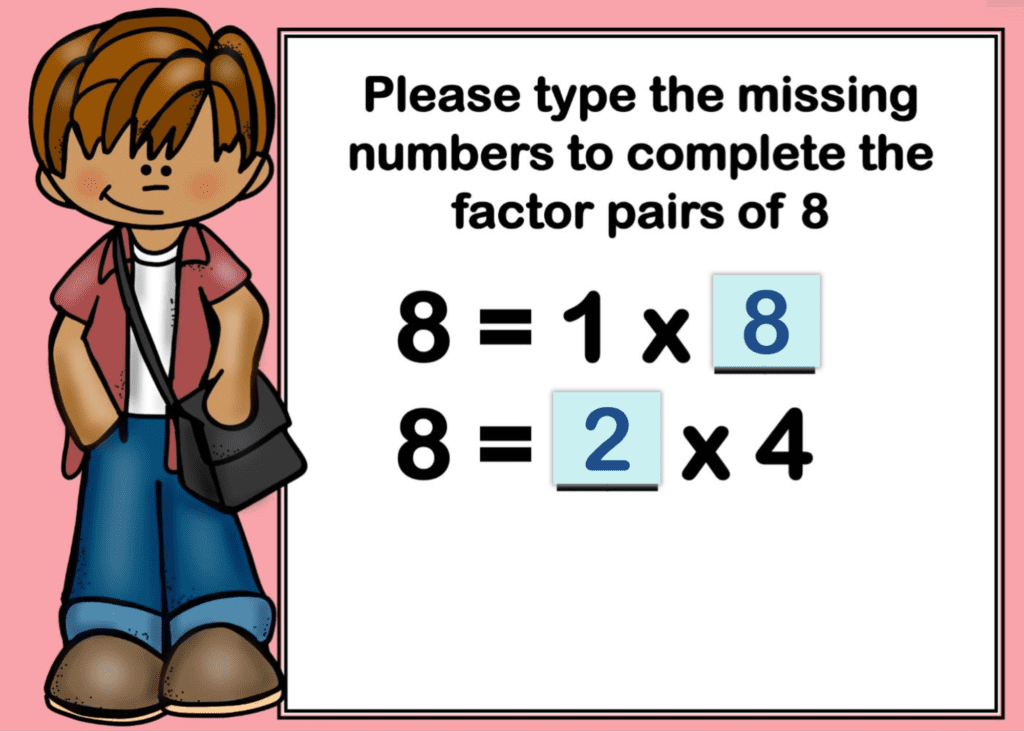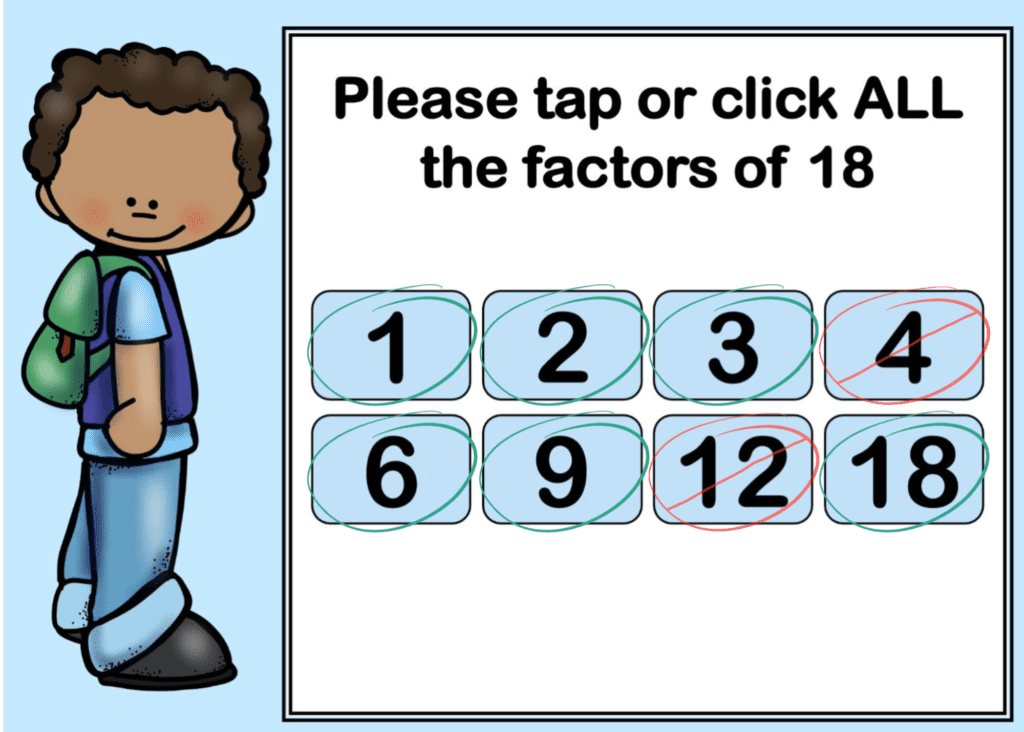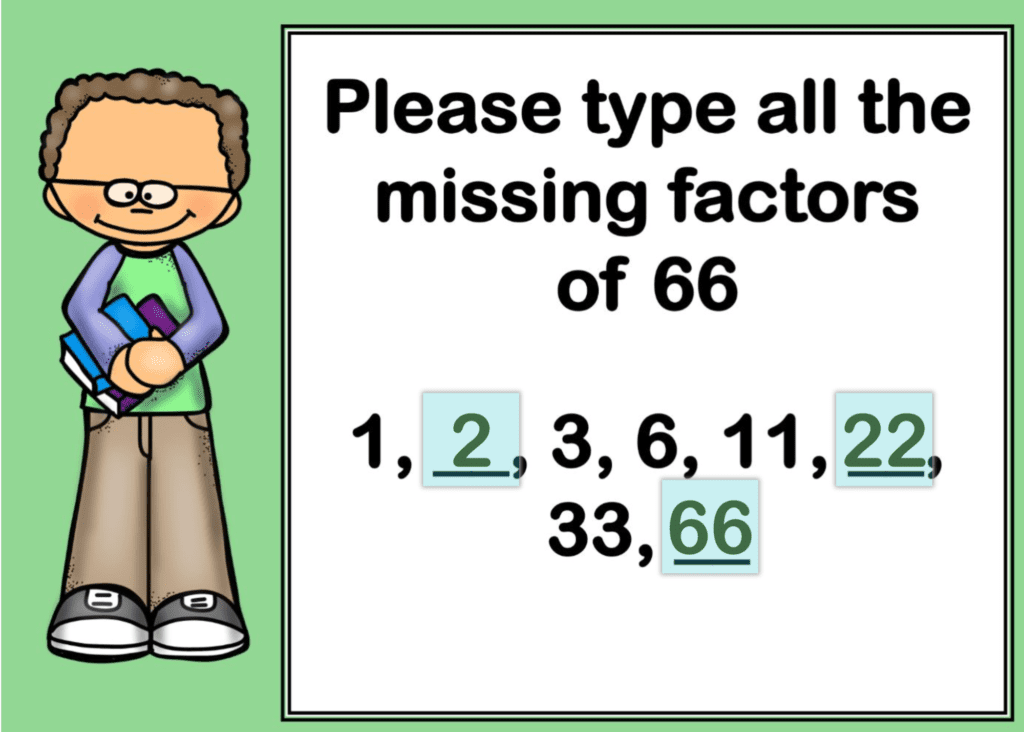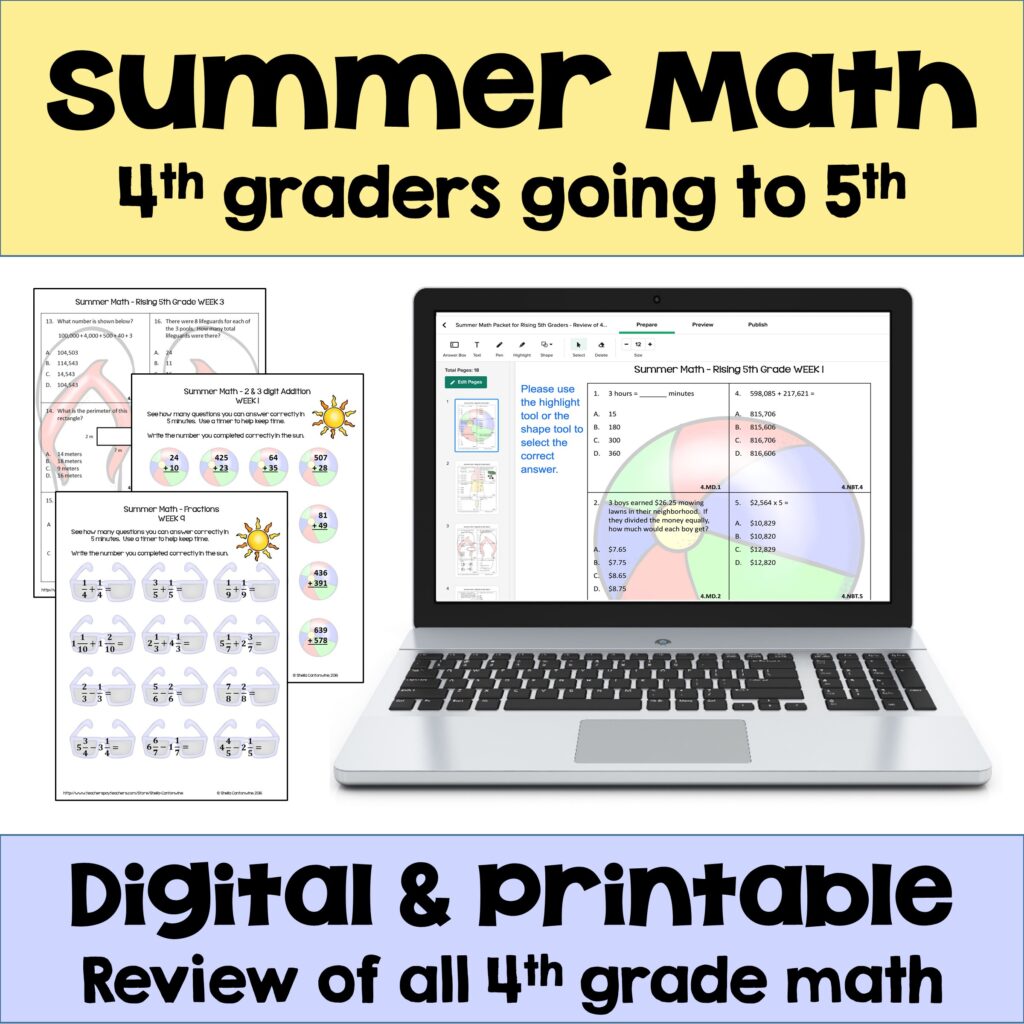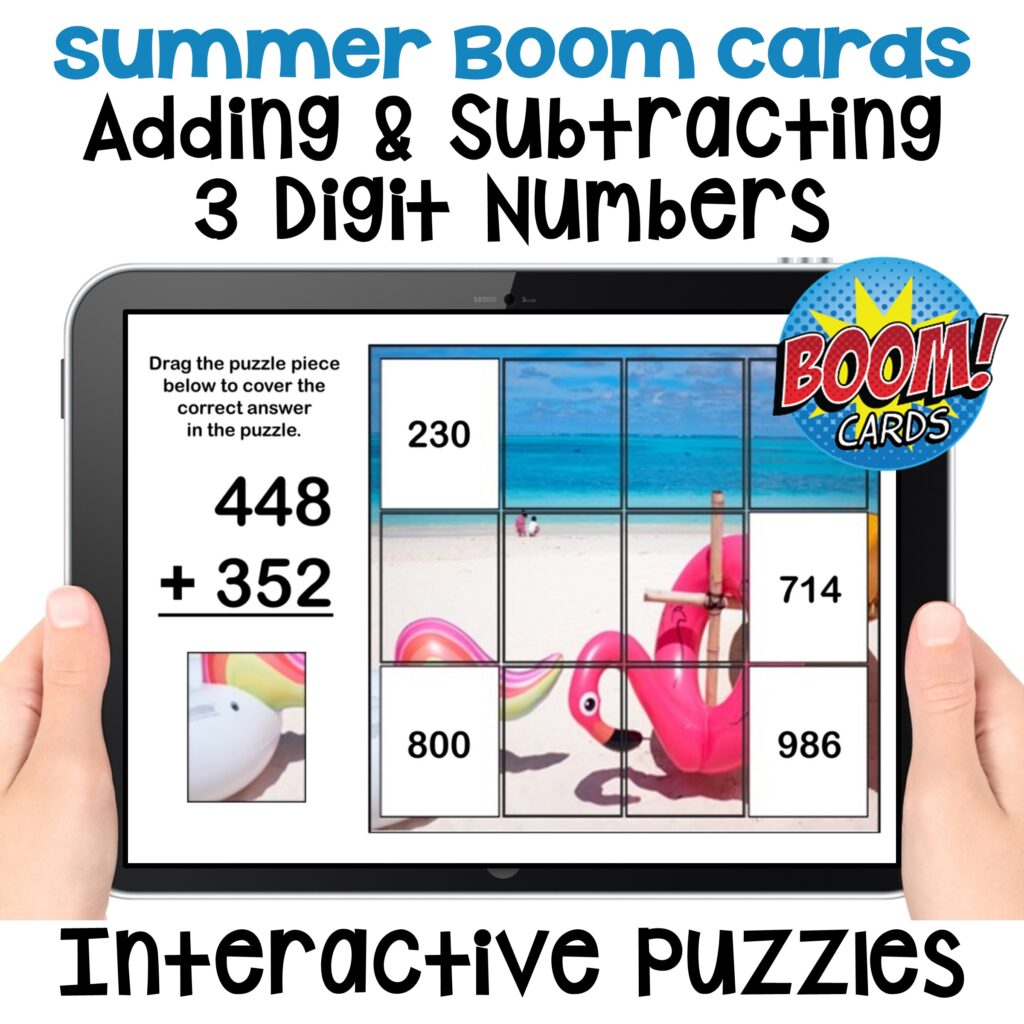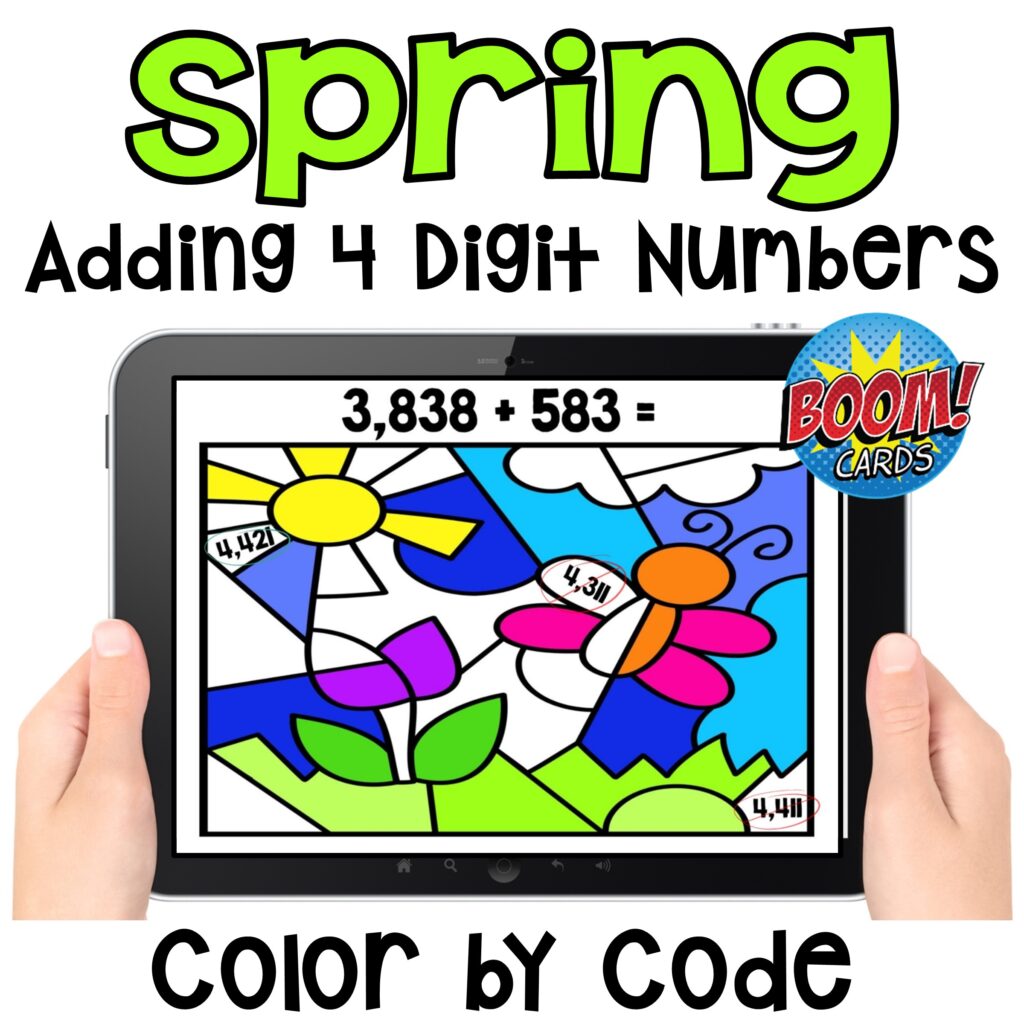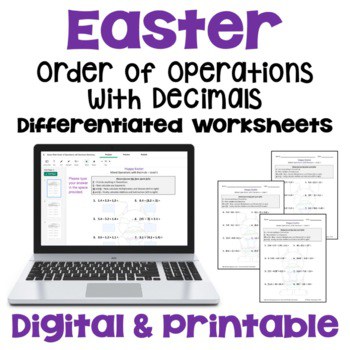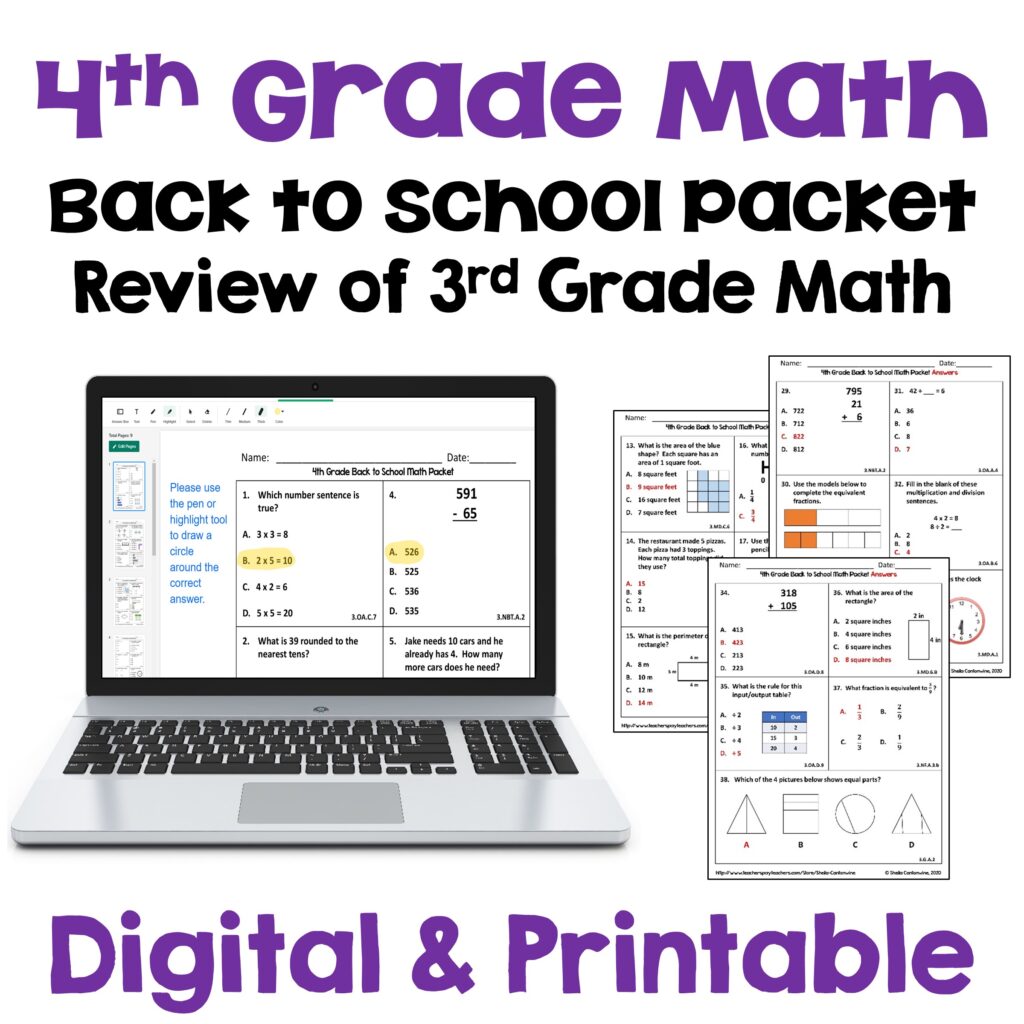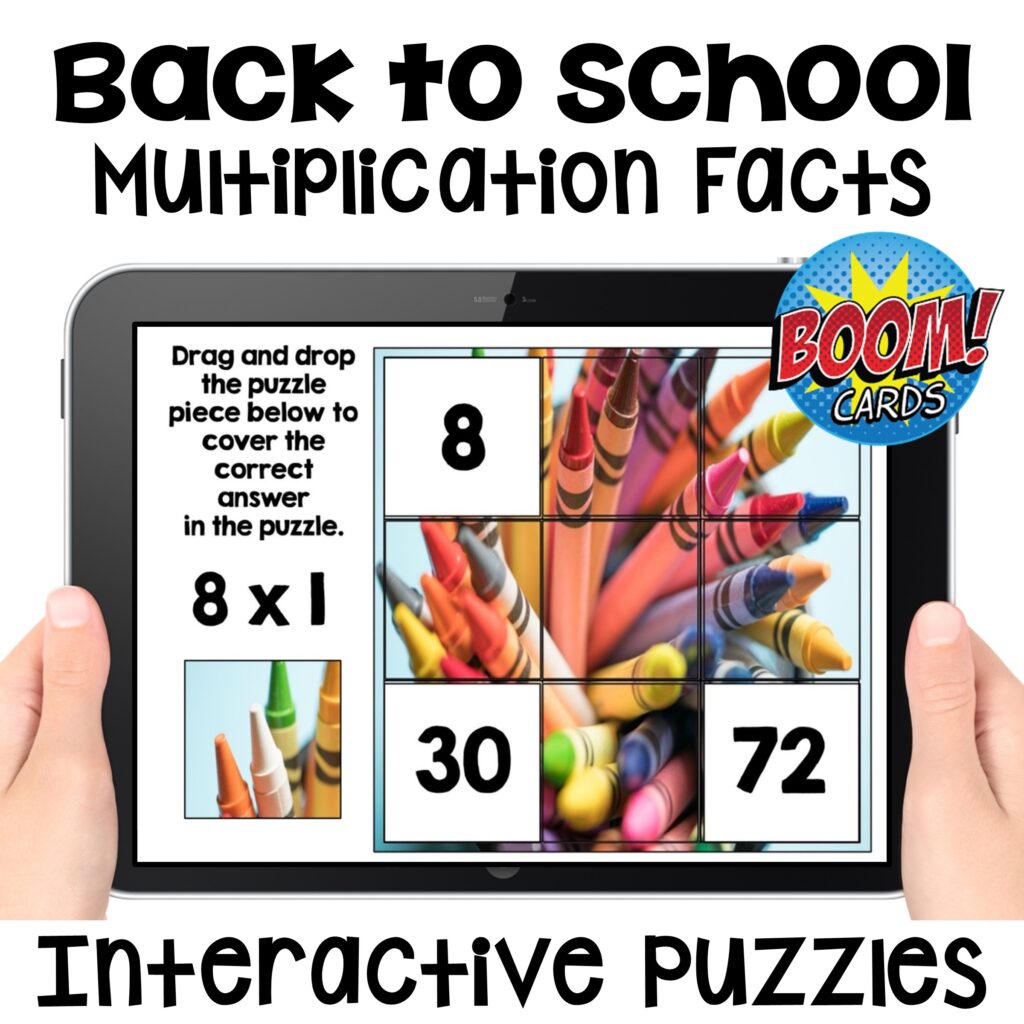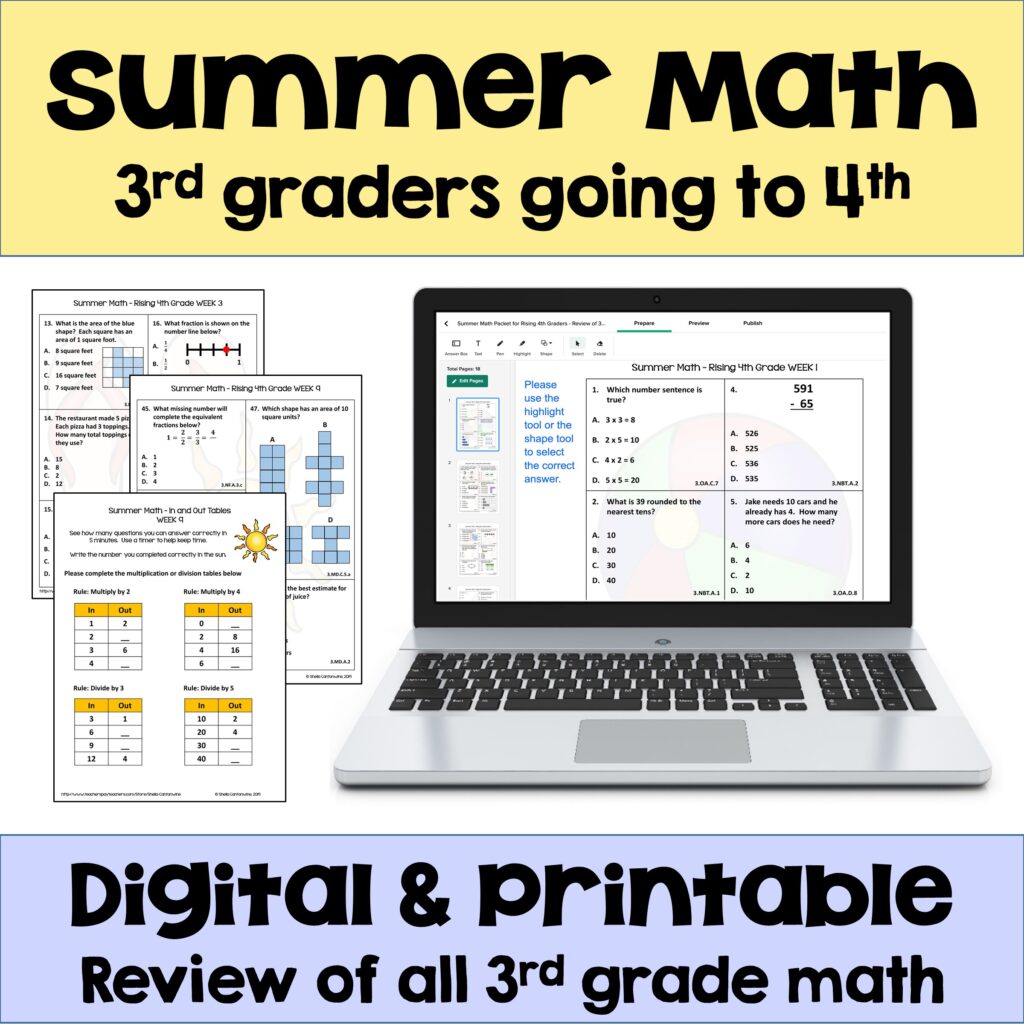
Hey, math teachers! We know our classrooms are full of different learners, and it’s crucial to adapt our teaching to each student. Let’s dive into why making math lessons unique for grades 3 to 7 is so important. In this blog post, I’ll explore five key reasons that explain the important role of math differentiation in Grades 3-7.
1. Everyone’s Unique
Students have different learning styles. Some love visuals, some need hands-on activities, and others prefer talking it out. Tailoring our teaching methods to these styles helps every student shine.
2. Ready, Set, Go
Students start each grade with different math skills. Some ace the basics, while others need a little extra help. Customizing our teaching lets us give support where it’s needed and add challenges for those ready to tackle more.
3. Go at Your Own Pace
Math isn’t a one-size-fits-all deal. Everyone learns at their own speed. Adapting our teaching speed to match each student’s needs keeps them engaged and excited about learning.
4. Fill in the Gaps
Moving up in grades sometimes means finding gaps in what students know. Customizing lessons helps us spot these gaps early and fill them, making sure every student is ready for the next big math challenge.
5. Promoting Critical Thinking
Math isn’t just about memorizing facts. It’s about thinking things through. By changing our teaching to fit each student’s level, we can add problem-solving tasks that boost their understanding and love for math.
Want to learn more about The Important Role of Math Differentiation in Grades 3-7? Check out these differentiated math bundles for 3rd, 4th, 5th, 6th, and 7th grade math.

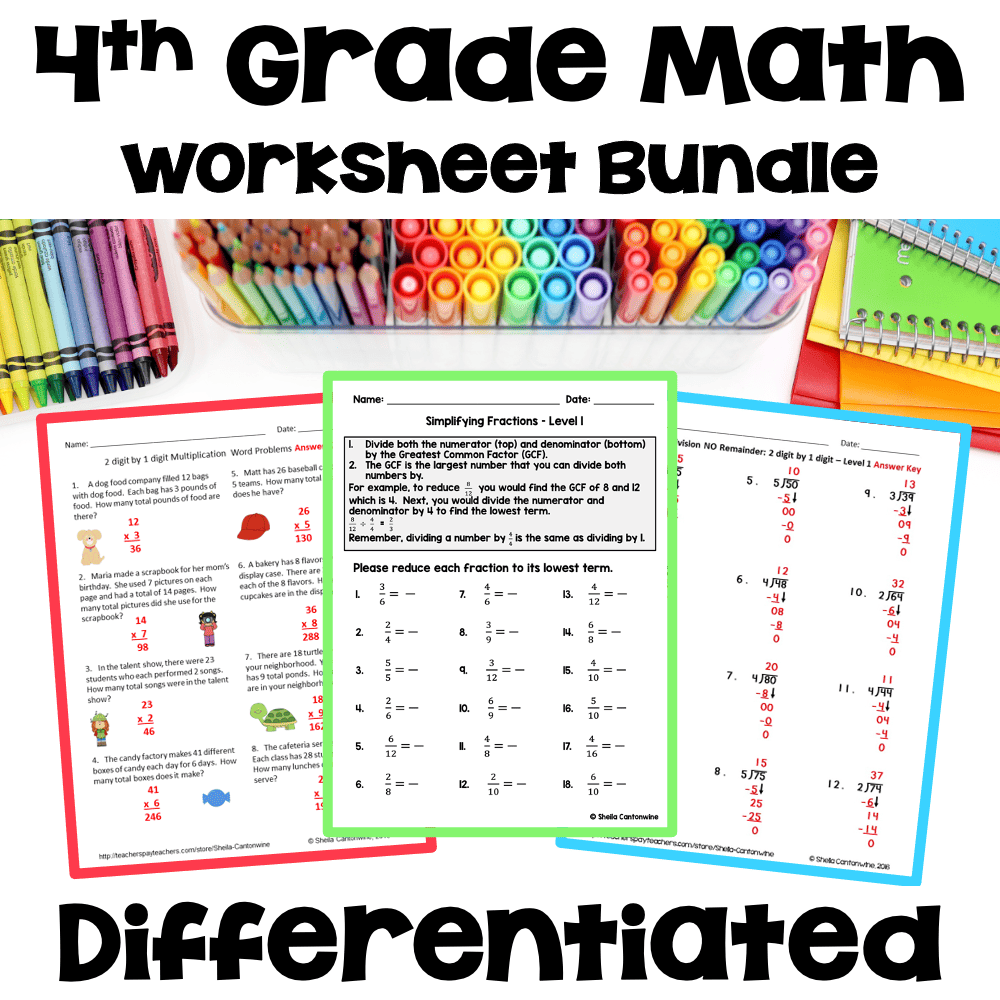
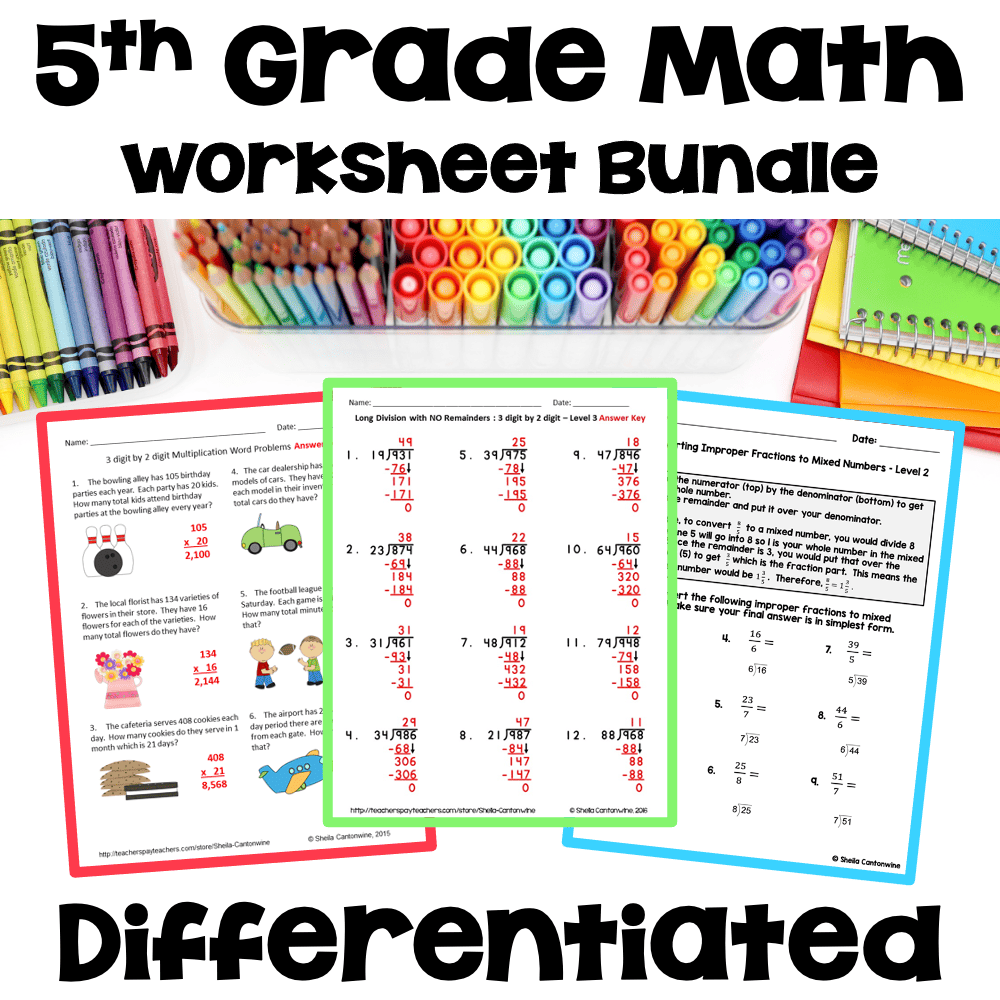
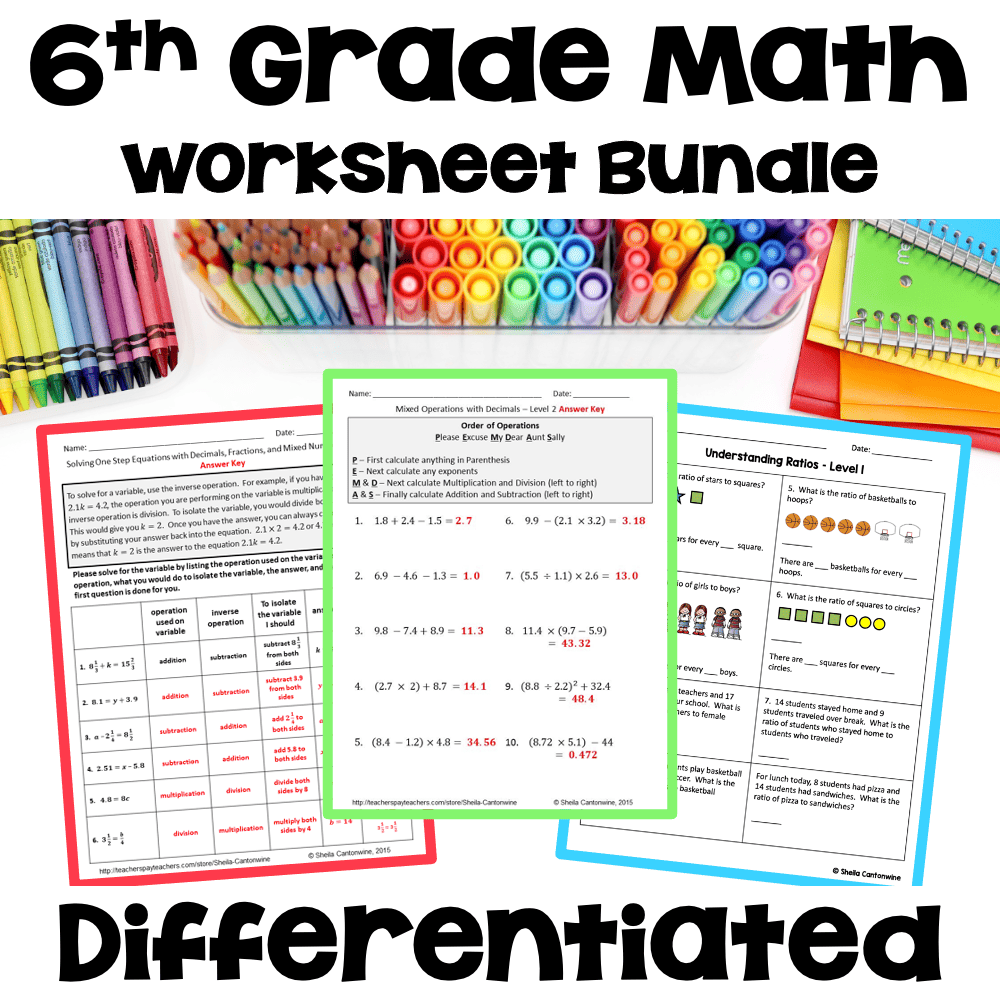

Differentiating our teaching in grades 3 to 7 is a game-changer. Embracing each student’s uniqueness creates a space where everyone can grow, love math, and rock their academic journey. Let’s keep making math awesome for every student!
You might also be interested in 3 Easy Ways to Differentiate Math Instruction for 4th Graders.

